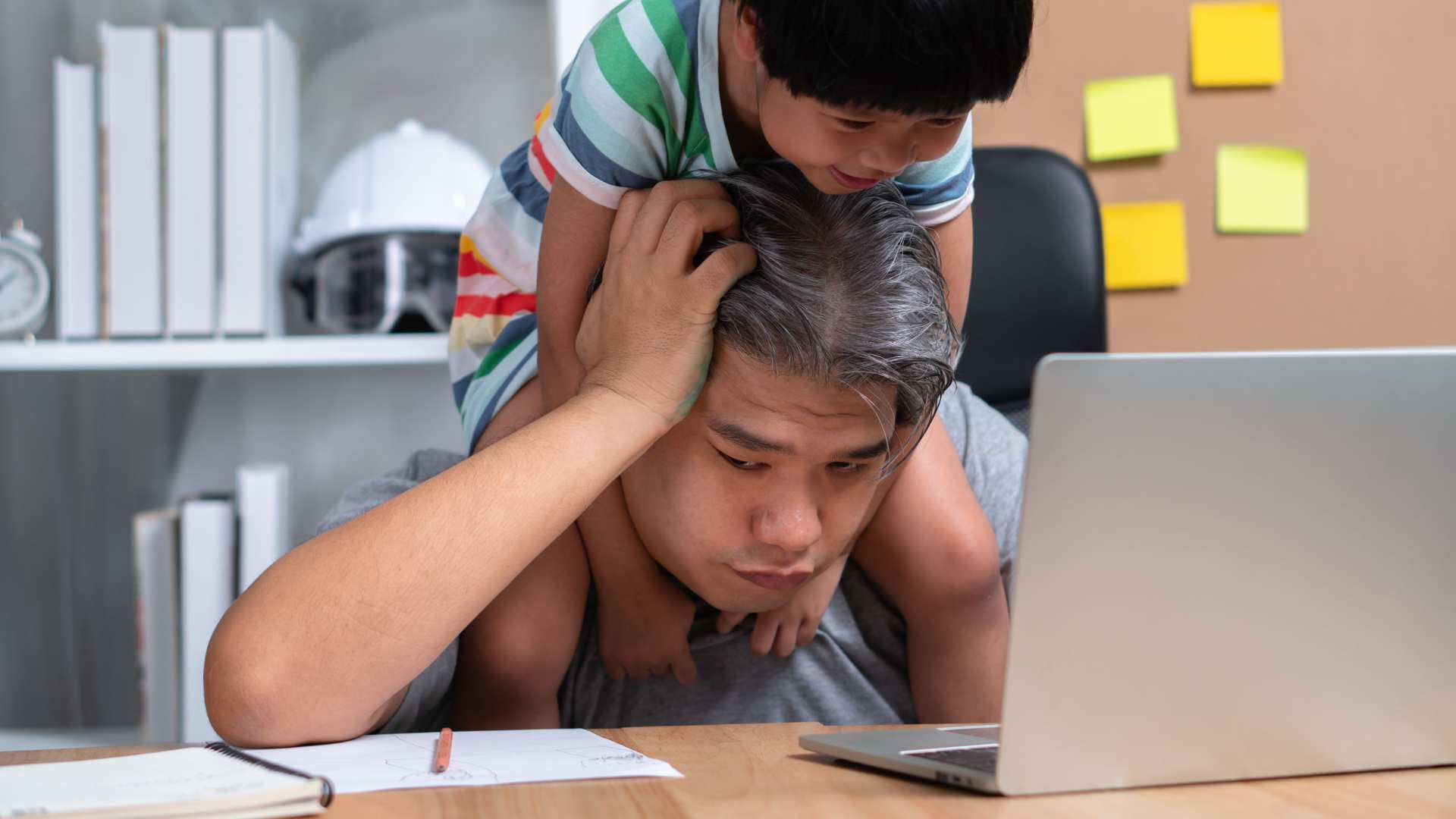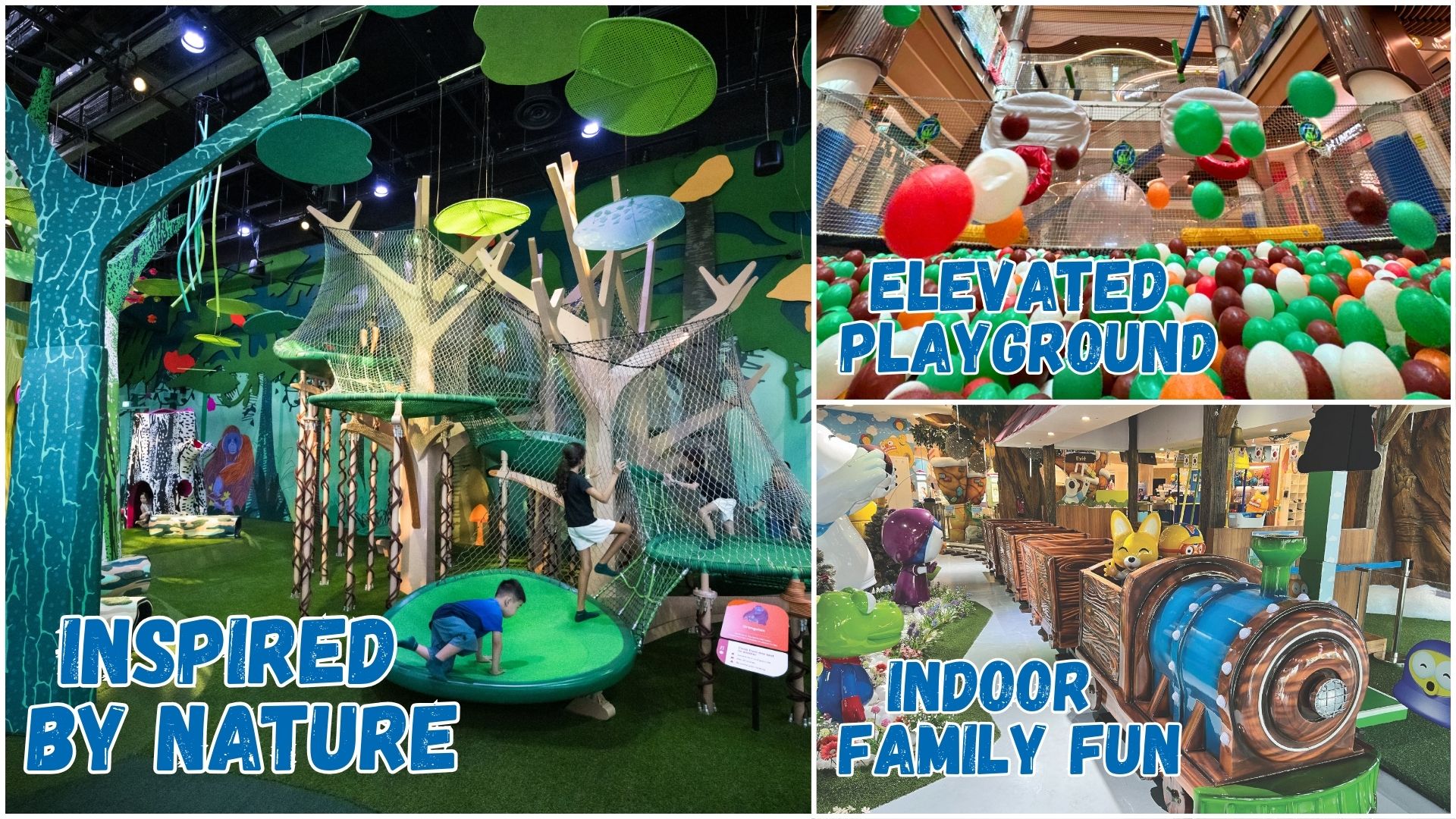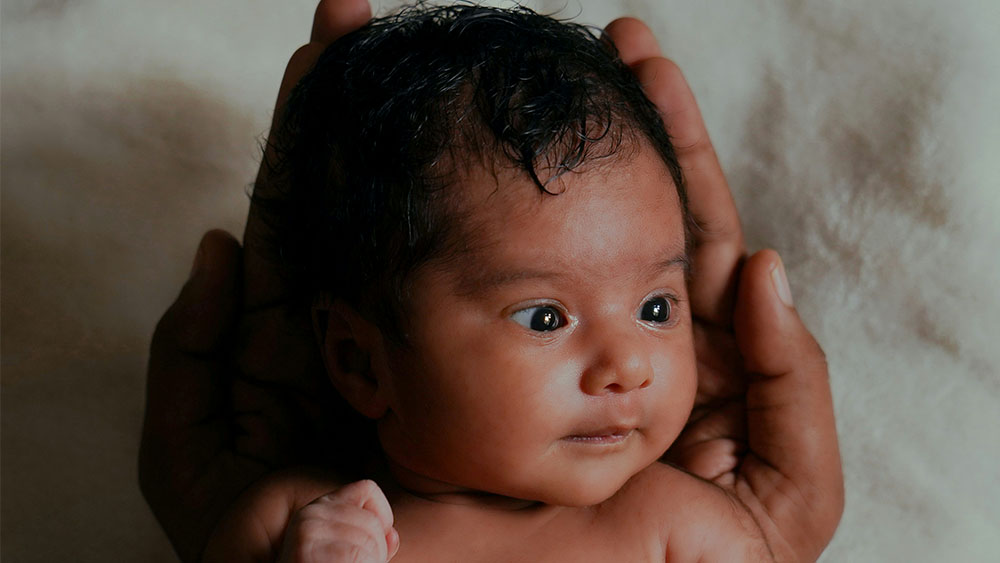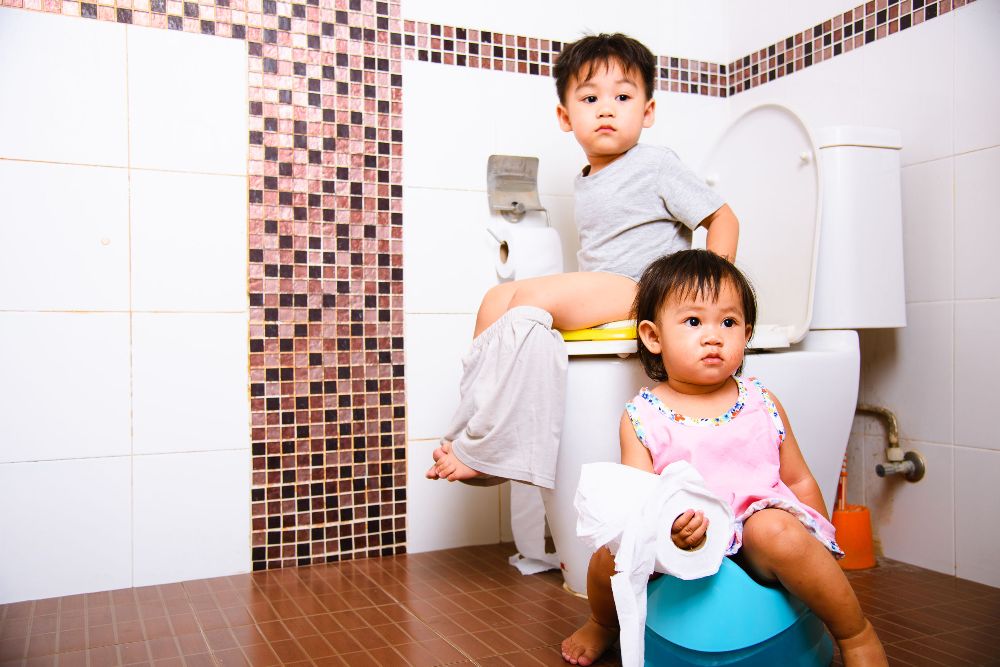8 Effective Ways To Stop Yelling At Kids (Even When You Really Want to)
Yelling at children doesn’t really achieve anything positive in the long term, so it’s best to save the yelling for something happy, or to warn them of danger. Yelling might seem to work in the immediate short term, but if you’re doing it all the time, you’re going to end up with a child that fears you.
So how do you stay calm on the outside when you’re screaming on the inside? Take a deep breath, exhale, and give these tips a try:
1. Breathe and be kind
Have you noticed that yelling at children to calm down rarely achieves that effect? It’s easy to forget that toddlers are still developing their verbal skills, vocabulary, emotions and behaviour, all of which we take for granted with older children (and adults).
Don’t forget that you are your child’s role model, and that emotions are contagious, so when your child sees you losing your calm and melting down, they are more likely to run amuck too. Yelling only increases fear and anxiety, making things worse.
But when your child sees you speaking and behaving calmly, they’ll also catch your calm and cooperate more willingly. As a parent, you are responsible for providing children with physical and emotional safety, and that includes managing your own emotions so that your child feels safe around you, not threatened and high on negative energy.
2. Don’t get furious, get curious
Shouting and yelling aren’t real forms of communication; they just undermine a parent’s authority and result in children immediately shutting down and tuning out. It’s vital to connect with your child first, and correct later. But it can take a whole lot of self-control to pause and not yell, so that you can understand what happened rather than start yelling.
As with oxygen masks on an aeroplane, you have to get yourself calm first before you can help your child. Get your child’s attention by crouching down to their height, lowering your voice and speaking softly. Understand why your child is acting up; the teaching moment can come later, and it’s way more effective when you’re both calmer.
3. Know your triggers
Yelling is often more about us and our behaviour than the misbehaving child. We often blame our children for our outbursts and convince ourselves that it’s because they don’t listen, are disrespectful or just really misbehaving.
But yelling doesn’t happen out of the blue; it’s usually an angry response to a frustrating trigger or specific behaviour. Often, it’s an outward manifestation of our own unmet needs and frustrations, so if you can figure out what triggers you, then you have a greater chance of avoiding yelling.
Parenting is challenging, making you run the whole gamut of emotions from fear and anger to panic and feeling vulnerable - but it is not okay to take those feelings out on your child and behave badly yourself. The challenge here is to be more self-aware about what sets you off, and then to take control of your behaviour without crashing, burning and yelling.
4. Give fair warning
It’s fair to give your child a heads-up or a warning if they aren’t heeding something, for example, sticking to bedtime. Say something like, “You’re not listening to me, and I don’t want to yell to get your attention”, or “Five more minutes and then it’s bedtime”, will work better than yelling at them to go to bed straight away.
5. Flush your anger down the toilet - literally
Take time out in the bathroom and yell into the toilet bowl instead of yelling at your child. And then flush it all away! Taking a physical parent time-out by leaving the room gives you a few minutes to compose yourself and helps practise better self-control. Likewise, when possible, physically releasing stress through exercise or meditation and deep breathing can also help.
6. Children will be children
Expect childish, immature behaviour from childish, immature children! That’s their “job”. They aren’t deliberately trying to make you mad; they are just behaving as normal kids do, pulling age-appropriate mischief as they go along.
What makes us yell are the parenting ideals and expectations we set for ourselves, wanting things to be a particular way, and ignoring the obvious caveats. A toddler’s prefrontal cortex is still not fully developed, so they’re running more on emotions than logic as they explore their way around the world, and learn how things work.
So, while more empathy and respect from you will make them more cooperative, you can still totally expect lots of childish behaviour too.
7. Adjust your expectations
As mentioned in above, keeping expectations realistic is key when you have (little) kids. Not having high expectations will keep you from feeling like a parenting failure and also put less strain on your parent-child relationship if you both can be more relaxed around each other.
8. Apologise for your bad behaviour too
You tried to keep your cool but you still ended up a furious mess. It’s okay - wasn’t the first time and won’t be the last. But damage control is important because your child is watching your behaviour too – remember that!
By apologising for your bad behaviour, you’re showing your child that bad behaviour is not acceptable at all. Apologies for your poor conduct to your child will make it easier to talk to your child about what was irritating you and what got you angry in the first place, helping them better understand the link between getting angry or upset, and then shouting.
For the latest updates on Wonderwall.sg, be sure to follow us on TikTok, Telegram, Instagram, and Facebook. If you have a story idea for us, email us at [email protected].











